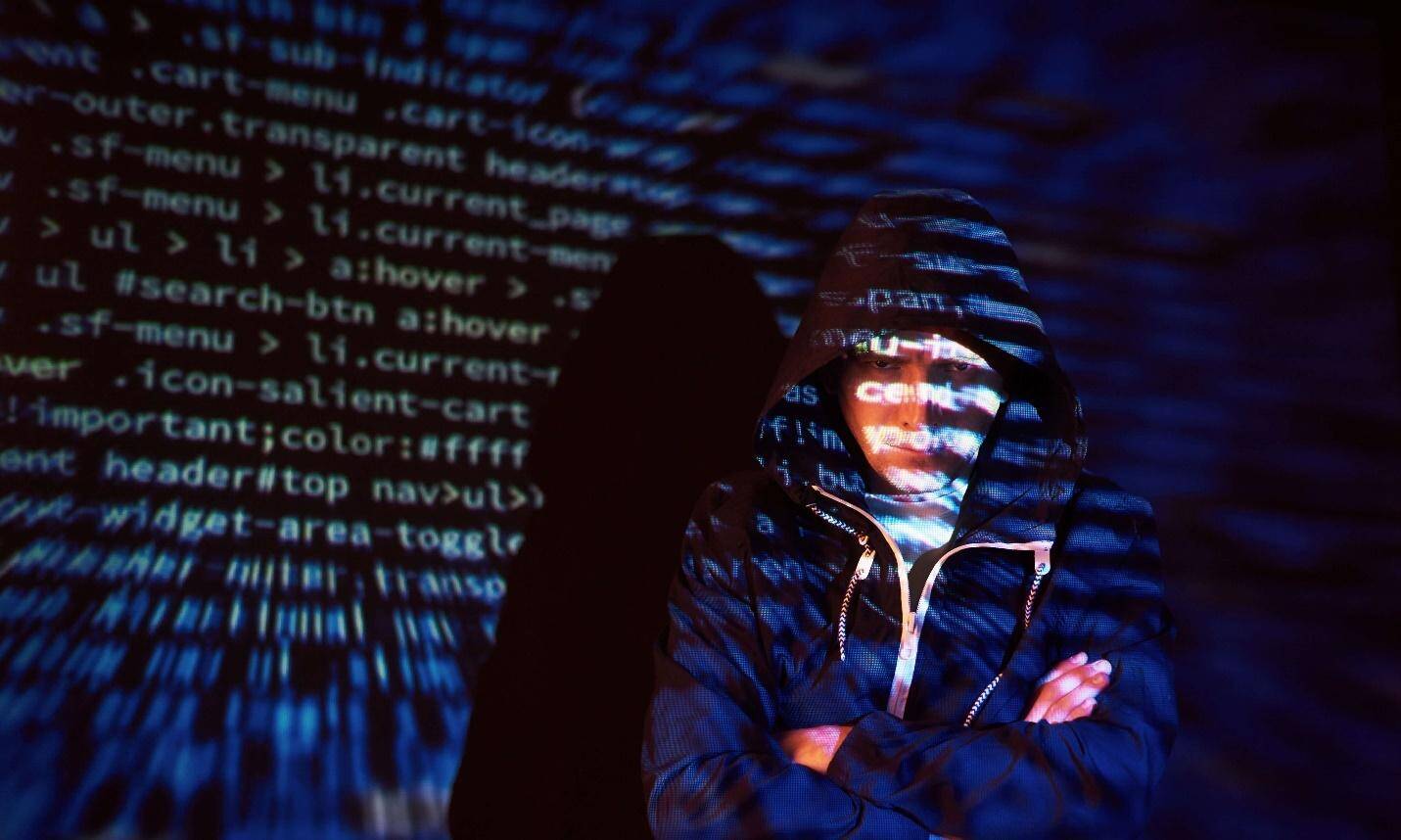In today’s interconnected world, cybersecurity is more crucial than ever. With the increasing reliance on digital technologies, protecting our digital future has become a priority for individuals, businesses, and governments alike. This article will explore the importance of cybersecurity and provide practical tips on safeguarding your digital future
What is Cybersecurity?
Cyber security is the process of safeguarding your phone and all other gadgets you use. It prevents careless individuals from stealing your details. If they get your info, they can harm you or your friends through whatever means possible.
Cybersecurity deploys special equipment to safeguard your information. Information includes passwords, photos, and messages. In other words, the defender is a sort of computer superhero.

Importance of Cybersecurity
Cybersecurity is very important. One is that it assists in the protection of your data.
Consider having your favorite images deleted. Third-party being able to read your messages. Well, that would be awkward, right? Cybersecurity ensures that such a thing does not occur.
- Protecting Sensitive Data
These are very important to safeguard as they are such sensitive data. This includes its name, address, and credit card numbers.
Information security ensures that such information is protected by cybersecurity. Without it, many villains can come and take your information.
- Prevention of Cyber Attacks
It may be helpful to think of a cyber attack as an online break-in. Hackers attempt to gain unauthorized access to your computer or any other device.
Well, here they want to take your information. Cybersecurity stops them. It builds firewalls so that attackers cannot enter the systems.
- Maintaining Business Continuity
Businesses need cybersecurity too. If a business loses its data, this may mean the business will stop operating for a while. This can add a lot of expenses.
Cyber security is essential so that the operations of businesses go on uninterrupted. It assists them in protecting themselves from hackers.
- Company & Personal Privacy
Privacy is a form of secrecy and involves not telling anyone any information. Cybersecurity ensures that your sensitive data is not disclosed to other people.
This is valid in people’s and companies’ cases. Ensures everyone cannot view your information, only you can.
- Protection Against Malware and Phishing Attacks
Malware is a way of describing any unwanted software that can damage the computer. It makes you part with your information through tricks which may be in different forms.
Cybersecurity is the battle against these attacks. It maintains the hygiene of the devices. Protects the gadgets from contracting some diseases.
Popular Cybersecurity Certifications
Have you ever dreamt of being a cybersecurity professional? In this case, let us look at some of the following available certifications.
- CISSP
CISSP refers to Certified Information Systems Security Professional. This is one of the most sought certifications in cyber security. This is how you learn how to shield big networks.
- CISA
CISA means Certified Information Systems Auditor. This certification is suitable for those who wish to check the status of protection.ss
If necessary, make adjustments. It assists you in identifying flaws if any in any systems.
- CompTIA
CompTIA offers many certifications. They have titled these for starters and others for the professionals in the field. CompTIA Security+ is a good start.
It aims to introduce the learners to the fundamental aspects of cybersecurity.
- GIAC
GIAC is the abbreviation of Global Information Assurance Certification. As for the certification, there are many types available. Hence, each one centres on a distinct aspect of cybersecurity.
- ISACA
CISM and CRISC are Certificate programs that are provided by ISACA. These are for implementing and controlling risks.
They assist in making one understand how to uphold the safety of a company.

What to Learn for Cybersecurity
To be a cybersecurity professional, one needs to study and grasp a great deal.
- Foundational Computer Skills
To excel in cybersecurity, mastering fundamental computer skills is essential. This includes understanding operating systems, file systems, and basic system processes. Proficiency in these areas forms the bedrock for effective cybersecurity practices.
- Networking
A comprehensive understanding of networking is crucial. This involves knowing network protocols, conducting thorough traffic analysis, and promptly identifying and addressing network security threats. Strong networking skills enable proactive defence and response strategies in cybersecurity.
- Programming and Scripting
Proficiency in programming languages such as Python or Java is invaluable. These skills allow cybersecurity professionals to automate tasks, analyze security vulnerabilities, and develop customized solutions to protect digital assets effectively.
- Ethical Hacking and Penetration Testing
Ethical hacking, or penetration testing, is essential for identifying and mitigating security risks. It involves legally probing systems for vulnerabilities, employing penetration testing methodologies, and applying ethical hacking principles to fortify cybersecurity defenses.
- Security Tools and Technologies
Familiarity with a diverse range of security tools is critical. This includes antivirus software, firewalls, and intrusion detection/prevention systems (IDS/IPS). Understanding and effectively utilizing these tools are essential for safeguarding networks and systems from cyber threats.
If you are looking for courses in ethical hacking you can enroll in an Ethical hacking course in Ahmedabad.
Conclusion
Cybersecurity is very important. It ensures the privacy of our information. Without it, our data can be easily stolen or even deleted, getting us into a lot of trouble. If you wish to know more about this, you may opt to take a certification course.
It can assist you in turning into a cybersecurity expert. Whether you are guarding a large corporation or your laptop. Cybersecurity skills are useful.